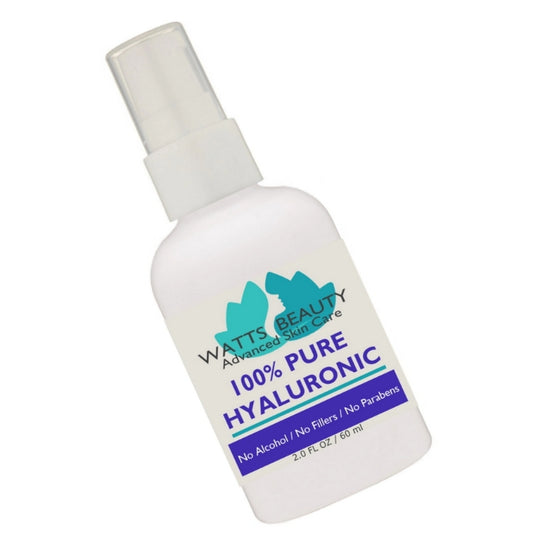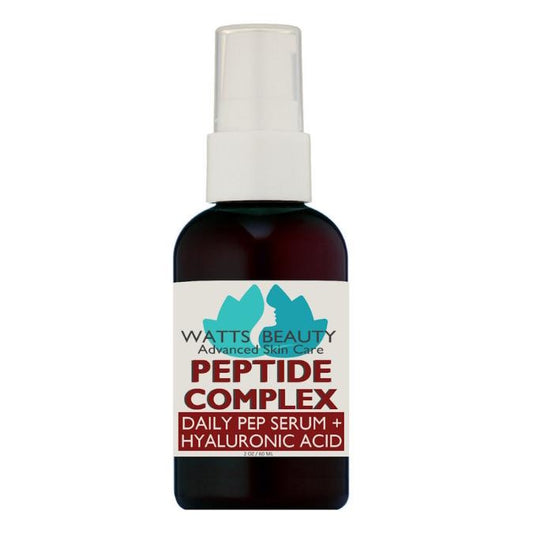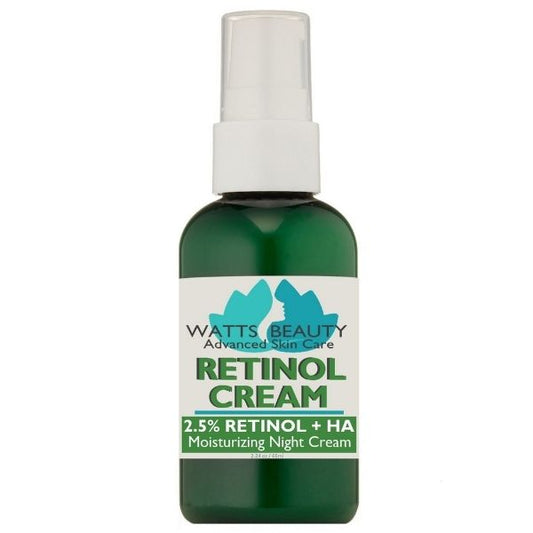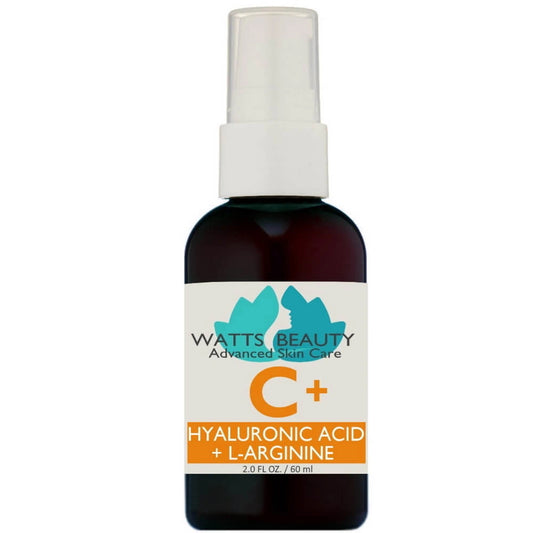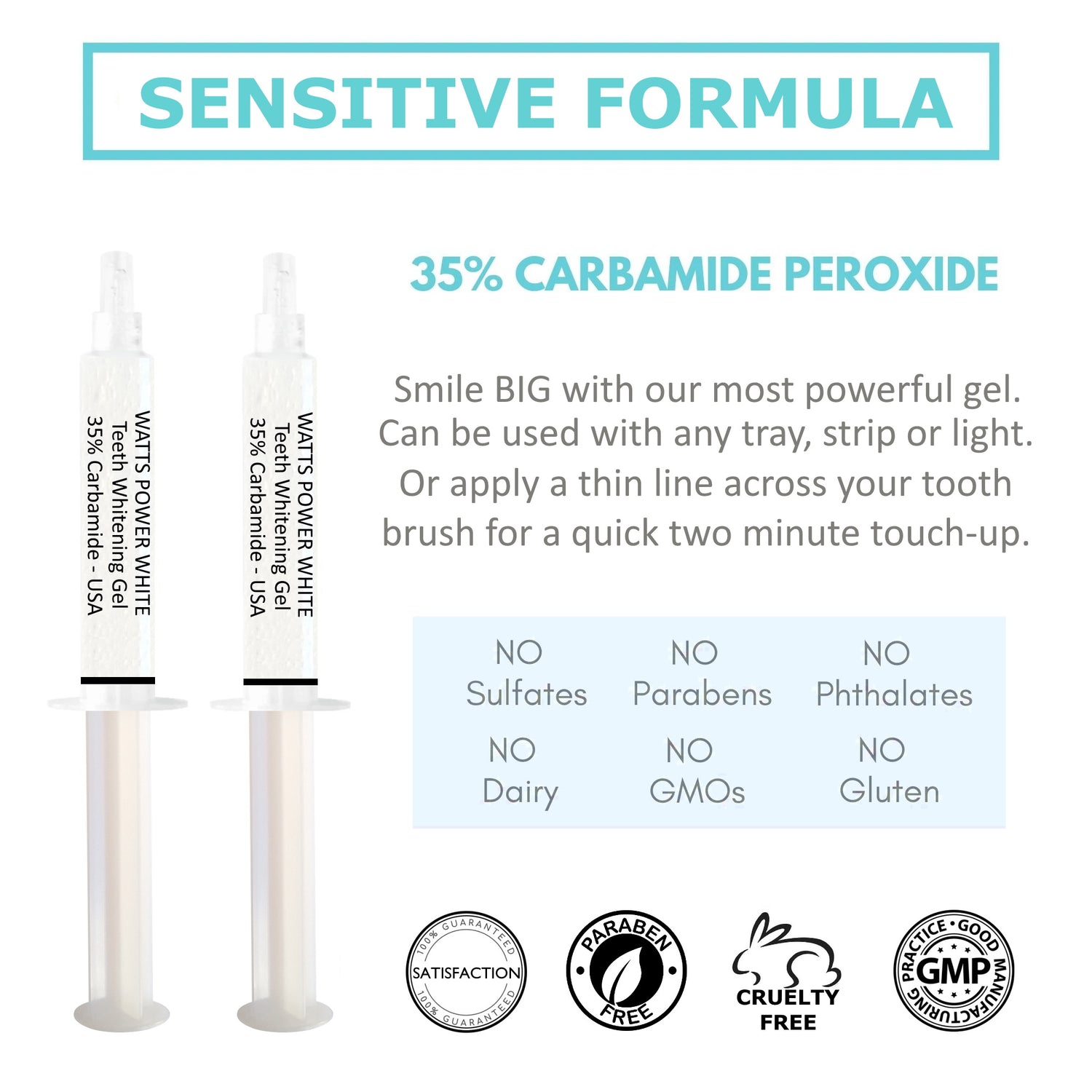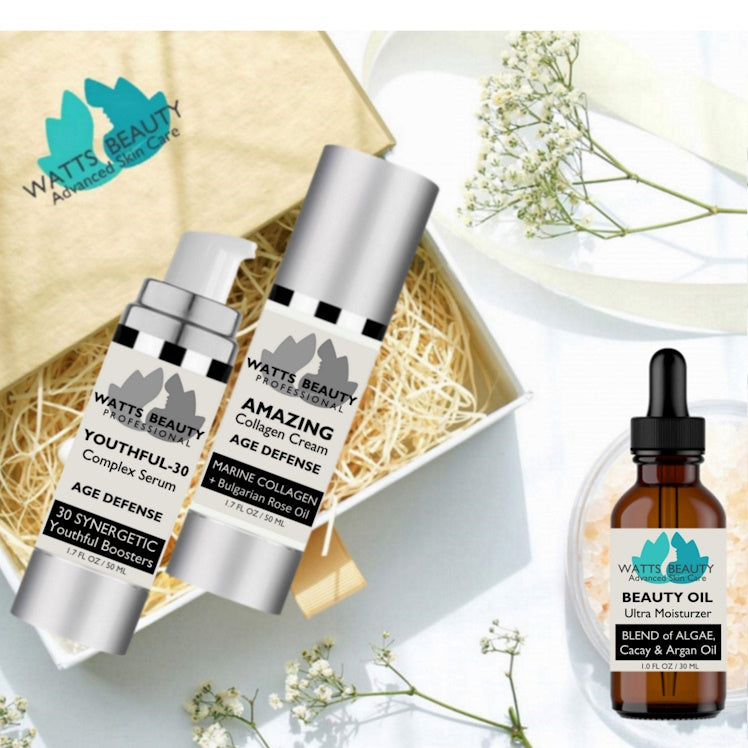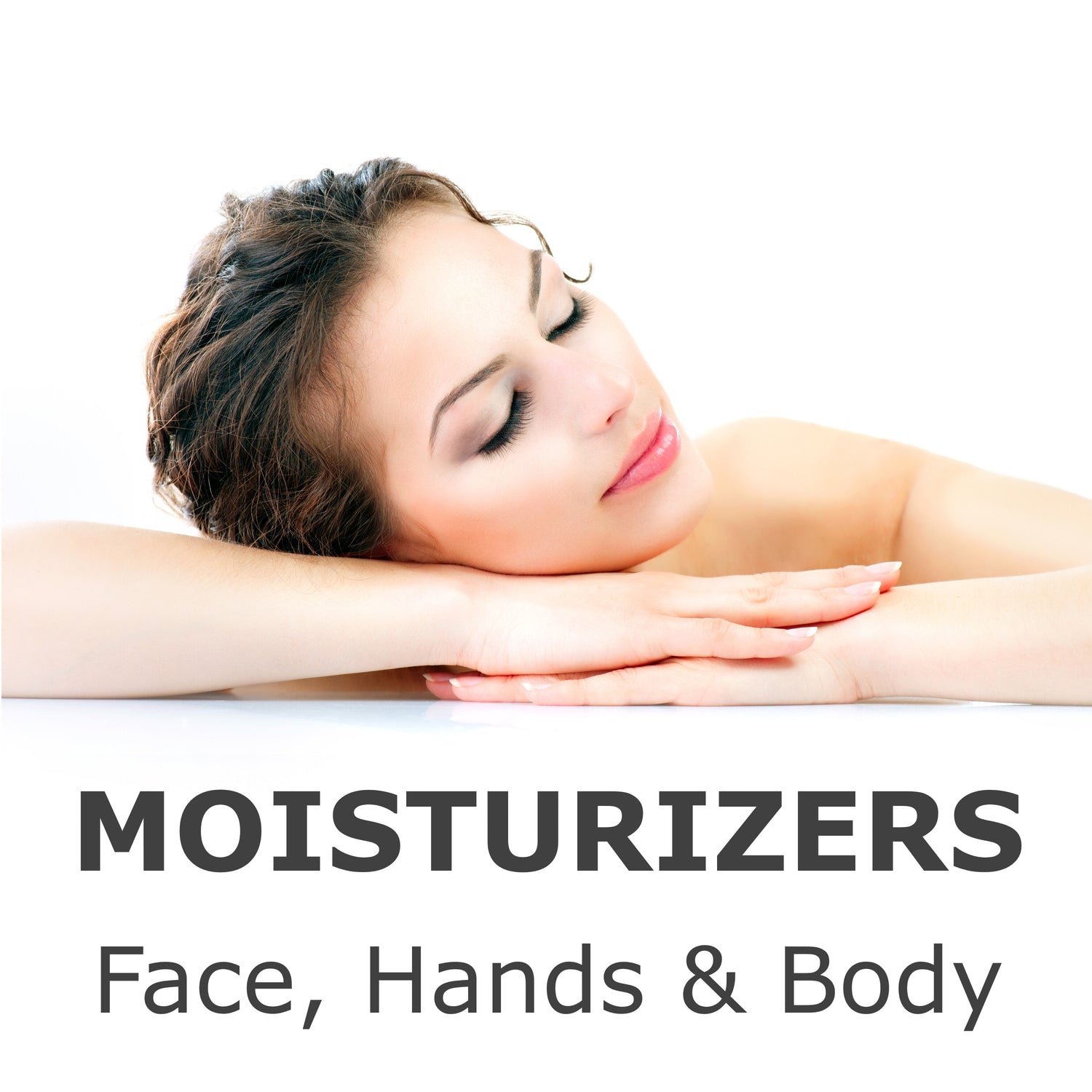The Science Behind Anti-Aging Skincare
Quick Listen:
Aging is a natural process that we all go through, but when it comes to our skin, many of us wish we could slow it down. The science behind anti-aging skincare is not only fascinating but also empowering, as it unveils how various ingredients work to help us maintain youthful, healthy skin. By understanding skin biology, cellular repair mechanisms, and the role of specific ingredients, we can better appreciate how these products combat signs of aging.
In this article, we will explore the scientific principles behind anti-aging skincare, with a focus on key ingredients like antioxidants, peptides, and hyaluronic acid. We'll also dive into how these components enhance collagen production, boost hydration, and protect against environmental damage, offering you a comprehensive view of the skin's aging process and how to fight back.
Skin Biology: The Basics of Aging
To grasp how anti-aging skincare works, it's crucial to understand how our skin ages in the first place. Our skin is made up of three layers: the epidermis (outer layer), dermis (middle layer), and hypodermis (innermost layer). These layers play vital roles in skin health, but over time, the natural aging process, along with external factors, affects their functionality.
- Epidermis: The outermost layer of the skin, primarily responsible for protection. As we age, cell turnover in this layer slows down, leading to a dull complexion.
- Dermis: Contains collagen, elastin, and other proteins that provide structure, strength, and elasticity. Collagen production decreases as we age, leading to the formation of wrinkles and sagging skin.
- Hypodermis: The deepest layer of fat cells that insulate and cushion the body. A decrease in fat density contributes to the loss of plumpness in the skin.
Aging affects the skin in various ways, with signs such as fine lines, wrinkles, dryness, and loss of elasticity becoming more apparent over time. While genetics play a role in how we age, lifestyle factors like sun exposure, diet, pollution, and stress also contribute to skin aging.
Key Ingredients in Anti-Aging Skincare
The power of anti-aging skincare lies in the specific ingredients formulated to target these age-related changes. Let's explore the most effective ingredients that have been backed by scientific research for their ability to combat the visible signs of aging.
1. Antioxidants: Protecting Skin from Free Radical Damage
One of the major causes of premature skin aging is oxidative stress caused by free radicals. Free radicals are unstable molecules that can damage healthy skin cells, speeding up the aging process. They are generated by environmental stressors such as UV radiation, pollution, and cigarette smoke.
Antioxidants neutralize these free radicals, preventing oxidative damage and promoting healthier, younger-looking skin. Some of the most powerful antioxidants used in anti-aging skincare include:
- Vitamin C: A potent antioxidant that boosts collagen production and brightens the skin. Vitamin C also fights free radicals, reducing skin discoloration and signs of sun damage.
- Vitamin E: Known for its ability to protect the skin from oxidative damage, Vitamin E helps keep the skin soft and nourished while promoting healing.
- Niacinamide (Vitamin B3): This antioxidant helps reduce inflammation, improves skin elasticity, and diminishes hyperpigmentation caused by sun exposure.
By incorporating antioxidant-rich products into your skincare routine, you're helping to mitigate the damage caused by environmental stressors and promoting healthier, more resilient skin.
2. Peptides: Stimulating Collagen Production
Peptides are short chains of amino acids that play a vital role in cellular communication and skin regeneration. As we age, the production of collagen and elastin, two proteins essential for youthful skin, declines. This leads to the formation of wrinkles and sagging. Peptides help stimulate the production of collagen, thereby improving skin firmness and reducing the appearance of fine lines and wrinkles.
Some notable peptides in anti-aging skincare include:
- Copper Peptides: Known for their regenerative properties, copper peptides stimulate collagen production and promote the repair of damaged skin cells. They also aid in wound healing and support the skin's natural barrier.
- Palmitoyl Pentapeptide-4: This peptide encourages the synthesis of collagen and elastin, helping to reduce wrinkles and improve skin texture.
- Acetyl Hexapeptide-8 (Argireline): Often called Botox in a bottle, this peptide works by relaxing facial muscles to reduce the appearance of expression lines, particularly around the eyes and forehead.
Peptides offer a safe, non-invasive way to stimulate the skin's natural healing and regenerative processes, making them a powerful ingredient in the fight against aging.
3. Hyaluronic Acid: Hydrating and Plumping the Skin
One of the most essential elements of youthful skin is hydration. As we age, the skin's ability to retain moisture diminishes, leading to dryness, fine lines, and a loss of volume. This is where hyaluronic acid, a naturally occurring substance in the body, comes into play. Hyaluronic acid is a humectant, meaning it draws moisture from the environment into the skin, helping to plump and hydrate the skin.
Hyaluronic acid can hold up to 1,000 times its weight in water, making it one of the most effective ingredients for boosting skin hydration. As a result, it helps reduce the appearance of fine lines, wrinkles, and sagging by keeping the skin moist and supple.
In addition to its hydrating properties, hyaluronic acid also aids in wound healing and tissue repair. Its ability to increase skin volume can help restore youthful plumpness, making it a must-have in anti-aging skincare routines.
How Anti-Aging Skincare Products Promote Collagen Production and Protect Skin
Beyond the individual benefits of ingredients like antioxidants, peptides, and hyaluronic acid, anti-aging skincare products work synergistically to support skin health in several ways.
1. Stimulating Collagen Production
Collagen is the backbone of youthful skin, providing structure and firmness. As we age, collagen production slows, leading to wrinkles and sagging. Skincare products containing peptides, Vitamin C, and retinoids work to stimulate collagen synthesis, improving skin elasticity and reducing the visible signs of aging.
- Retinoids: Derived from Vitamin A, retinoids are known for their ability to accelerate skin cell turnover and stimulate collagen production. They are highly effective at reducing the appearance of wrinkles and fine lines.
- Growth Factors: Some advanced anti-aging products contain growth factors that stimulate collagen and elastin production, improving the overall health and appearance of the skin.
2. Enhancing Skin Hydration
Hydrated skin is plump, smooth, and resilient. Hyaluronic acid, glycerin, and ceramides are key ingredients in anti-aging products that help the skin retain moisture. By replenishing hydration, these ingredients minimize the appearance of fine lines and improve skin texture, resulting in a softer, more youthful complexion.
3. Protecting Against Environmental Damage
Environmental stressors like UV rays, pollution, and blue light from digital devices can accelerate skin aging. Antioxidants, sunscreen, and anti-pollution ingredients in skincare products act as a defense against these aggressors. Regular use of sunscreen is critical to prevent UV damage, while antioxidants neutralize free radicals, protecting the skin from oxidative stress and inflammation.
The Future of Anti-Aging Skincare
The science behind anti-aging skincare has come a long way, offering solutions that are not only effective but also backed by rigorous research. By understanding the biological process behind skin aging and how key ingredients work to counteract these effects, we can make informed decisions about which products are best for maintaining youthful, healthy skin.
Incorporating antioxidants, peptides, and hyaluronic acid into your skincare routine can help stimulate collagen production, enhance hydration, and protect your skin from environmental damage. As skincare technology continues to evolve, we can expect even more innovative solutions to slow down the visible effects of aging.
Remember, while skincare can significantly improve the appearance of aging skin, a holistic approach that includes a healthy diet, regular exercise, and stress management is essential for maintaining overall skin health.
Disclaimer: The above helpful resources content contains personal opinions and experiences. The information provided is for general knowledge and does not constitute professional advice.
You may also be interested in: Watts Beauty Resilience Youthful PEP Serum with Tripeptides ...
Frustrated with skincare products that overpromise and underdeliver? Your medicine cabinet tells the story of broken promises. Watts Beauty was created by medical professionals who understand this frustration. Our clinically tested formulas deliver visible results at affordable prices - professional-grade ingredients starting at just $13. Each purchase also helps domestic violence survivors rebuild their lives. Join thousands of satisfied customers who've discovered skincare that keeps its promises. Shop now and reveal your radiant skin today!
Powered by flareAI.

